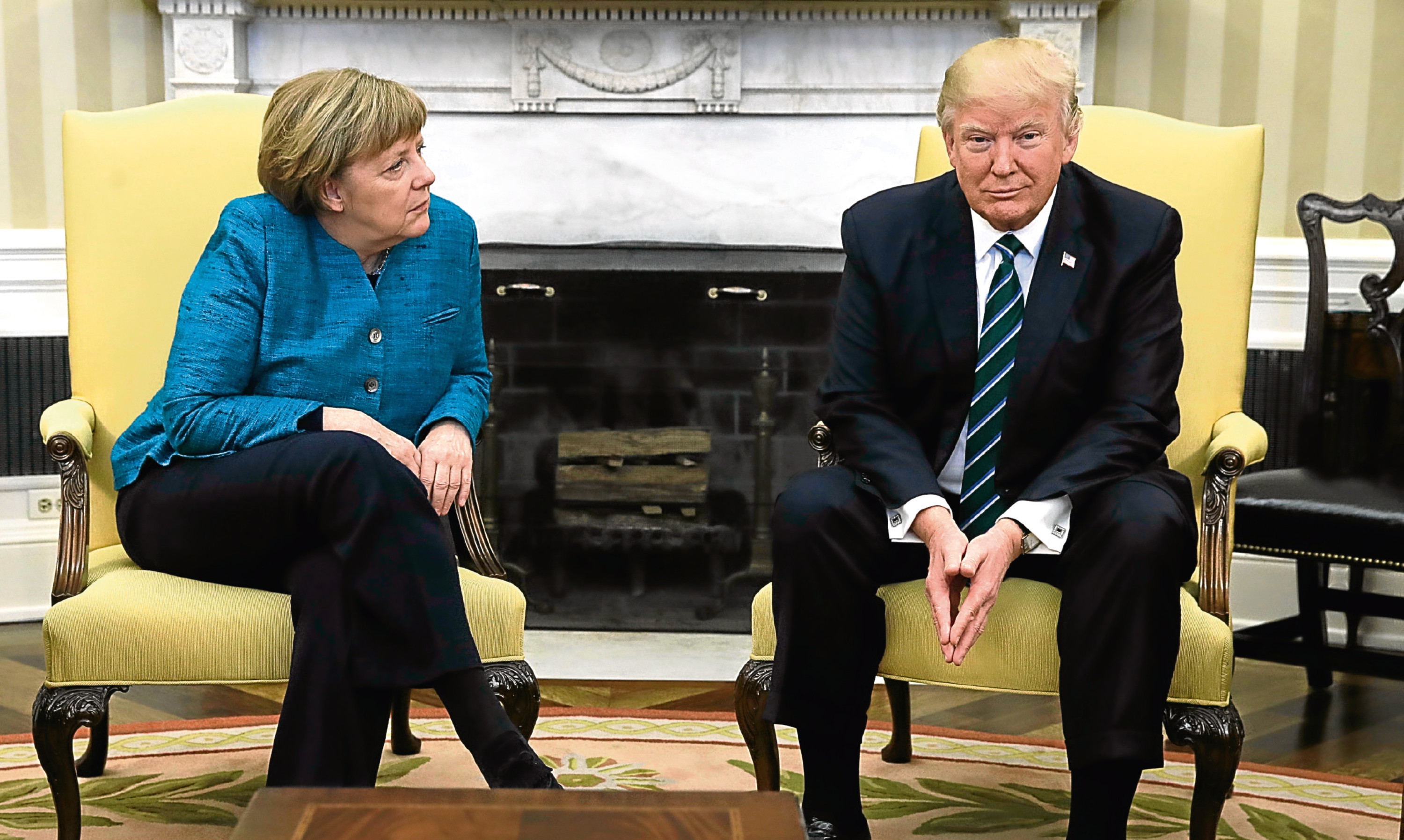One of the most telling symptoms of the crass stupidity that underpins the very idea of Britain leaving the European Union has probably escaped your notice.
I only found out about it because it was buried deep in a Sunday newspaper article about the classical pianist and conductor, Vladimir Ashkenazy.
I tend to read everything about Ashkenazy that I come across because we share the same birthday.
The event which caught my eye and underscored my undying disbelief in the very notion of Brexit is that its implicit threat to free travel between Britain and Europe for working musicians has prompted the European Union Baroque Orchestra (Oxford-based since 1985) to move to Belgium.
And now the European Union Youth Orchestra, of which Ashkenazy is a former director, is also contemplating a move to mainland Europe after more than 40 years in London.
Ashkenazy used the occasion of his forthcoming concert with the orchestra in the Festival Hall to urge musicians to keep the channels open between Britain and Europe, because, “music is not just an exercise in making sounds, it is a reflection of our joint spiritual endeavours”.
I freely acknowledge that it is just possible that losing a baroque orchestra to Belgium is not the highest priority in your life right now.
But somehow, losing two orchestras – two world-famous orchestras – before anything at all of substance has actually happened reinforces the fear the very prospect of Brexit has already engendered.
The British Government’s cabal of midwives (of both sexes) who have been charged with delivering this unwieldy brute of a philosophy into the world, think the only thing that will impress us is how much it will cost, how much rosier the sunrise over the economic horizon.
Ashkenazy understands the colossal breadth of Western Europe’s cultural diaspora better than most. He arrived here having defected from Russia in 1963 and began to play the works of the great European composers.
In his own words: “I learned a lot about life not just by playing the pieces but by thinking about who all these composers were and about what they went through.”
It is as true of all forms of culture as it is of classical piano. It is even true of politics. The Brexiteers oppose multiculturalism and advocate monoculture: the British, the whole British and nothing but the British.
This, despite the self-evident fact that Britishness no longer exists. Witness the restlessness in Scotland and Northern Ireland, the mutterings in Wales.
Nothing is more fundamental to the wellbeing of our 21st Century world than lubricating the free movement of international cultural exchange.
Why? Because it keeps the peace. It opens our eyes to other possibilities. It encourages the free flow of ideas and (if you must have an economic argument) of money.
Western Europe, with all its contradictions, is a melting pot of extraordinary rich cultural traditions. As things stand, they are open to all of us and arguably more importantly, to our children. It was never more important that we talk to each other.
Would you like an instance of why? President Donald Trump and Chancellor Angela Merkel are sitting in the White House side by side, posing for photographs.
A photographer asks if they will shake hands. Angela Merkel leans across and asks the president if he would like to shake hands. He neither answers nor looks at her, nor does he answer or look at the photographer.
The image and its subtext go round the world in an instant and hackles rise and hostilities stir and multiply because of that moment of deliberate disengagement.
Brexit stops us talking with Europe. It stops us making music with Europe. It is one of the worst ideas anyone in Europe has had since 1939.
Who wants to live in a country which only wants to talk to itself? Right now, the British Government is designing just such a country.
